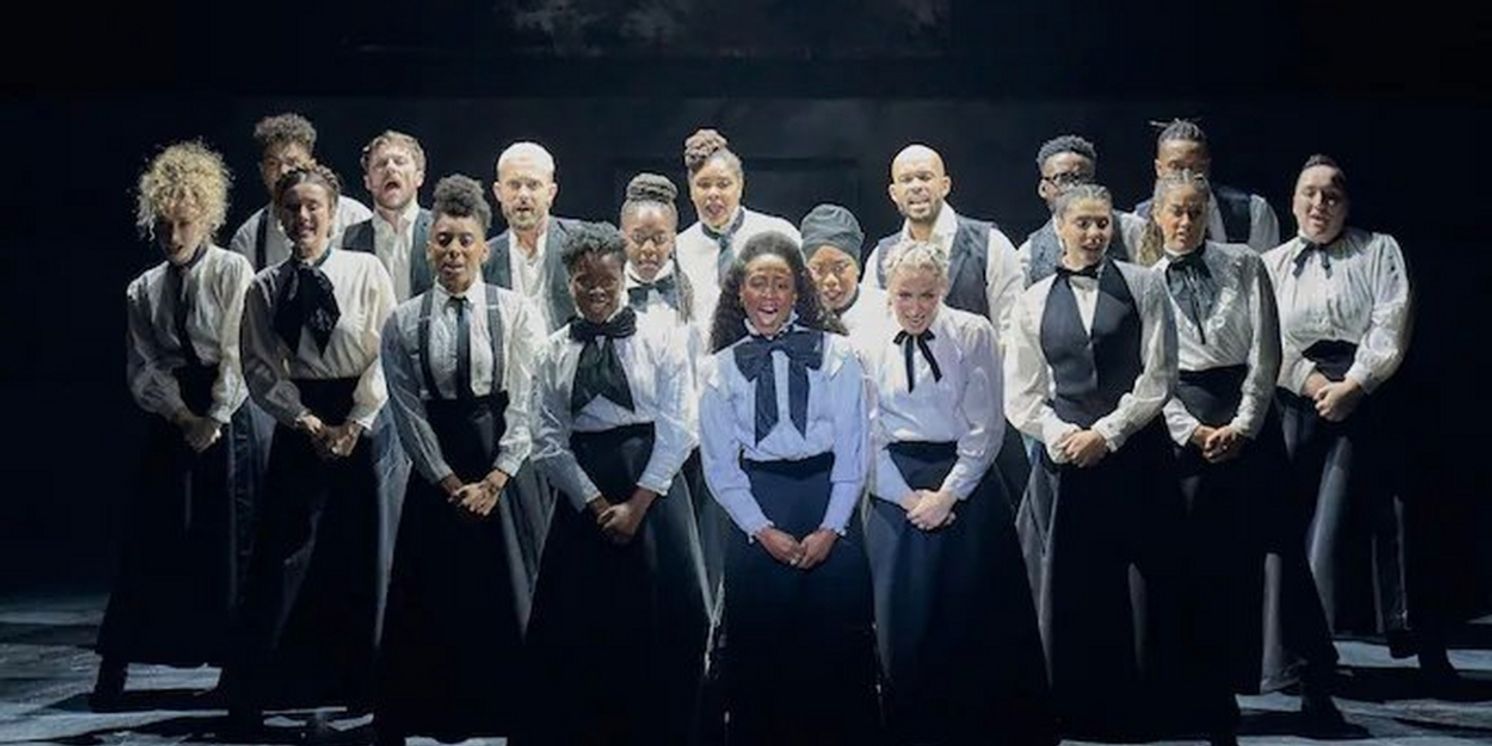Review Roundup: What Did the Critics Think of Kate Prince's SYLVIA at The Old Vic?
The show stars Beverley Knight and Sharon Rose

Following its 2018 run as a work-in-progress, Kate Prince’s Sylvia is back where it all began for its world premiere, uniting dance, hip hop, funk and soul to shine a light on a remarkable moment in history, with original music by Josh Cohen and DJ Walde.
This revolutionary story celebrates the life of Sylvia Pankhurst – feminist, activist, pacifist, socialist, rebel – the lesser-known Pankhurst at the heart of the Suffragette movement, who changed the lives of working women and men across the world. So what did the critics think?
Photo Credit: Manuel Harlan
Aliya Al-Hassan, BroadwayWorld: Zoo Nation's Kate Prince is ostensibly a choreographer and director, but this show also features her lyrics and book, written with Priya Parmar. This is the crux of the show's weakness; it simply tries to fit too much in. It is odd that the show spends a few scant minutes on the time leading up to everyone receiving the vote in 1928, but languishes on Sylvia's relationship with Keir Hardie and overlong lampooning of a hen-pecked Churchill. Although thoughtfully staged, it is also hard to shed a tear at the death of Sylvia's brother when he is an unknown character.
Sam Marlowe, The Stage: Prince’s motormouth lyrics are adroitly crammed with intricate stacked rhymes, as the performers undulate, grind and pop their way through a whistle-stop tour of the Sylvia Pankhurst story. The obvious comparison is with mighty musical blockbuster Hamilton. But with its cartoonish tone and fist-pumping, feminist-lite energy, the show is a closer sister to Six, which puts a similar girl-power gloss on the wives of Henry VIII. Nuance is sacrificed to high-voltage freneticism. Still, it’s rambunctious fun – and at its best, it captures enough of the euphoric passion of protest to make you, too, want to take to the streets.
Nick Curtis, Evening Standard: And oh dear, the characterisations. Emmeline advocated violent protest to win wealthy, older, married women the vote: Sylvia wanted universal suffrage for men and women, by peaceful means. Here, their ideological differences have the air of a domestic spat. Knight and Rose (and Ellena Vincent as Christabel) transcend the stilted relationships through sheer charisma and vocal power.
Clive Davis, The Times: Sylvia is the show that came back from the dead. When it was presented at the Old Vic five years ago, the project suffered multiple crises and opened as a work-in-progress. Prince, founder of the ZooNation dance troupe, subsequently described herself as “embarrassed and out of my depth”. Now after rewrites the piece has been pared from three hours to just over two and a half. It’s still messy, but the good news is that the soul singer Beverley Knight returns in the role of Emmeline. Her voice, when you get to hear it, remains spine-tingling. There just isn’t enough of it.
Maryam Philpott, The Reviews Hub: The music feels progressive, reflecting the determination of the characters who fight and fight again, giving the equivalent of rousing speeches that galvanise the audience and carry them on the long path to enfranchisement. Where most musicals offer up a few rousing songs at the beginning and end of each Act, Sylvia is one stirring song explosion after another. From Make Some Noise in the middle of Act One, to March, Women, March, Suffrajitsu and Be the Change, the blend of funk, hip hop and garage is effortless and who doesn’t want to see Winston’s Churchill’s mother as a badass grime artist!
Alice Saville, Time Out: In the wake of mega hits ‘Hamilton’ and ‘Emilia’, it feels like a hip hop suffragette musical is what theatre fans are crying out for. But despite a dynamite cast, ZooNation director Kate Prince’s ‘Sylvia’ probably won’t get audiences rioting in the streets. Retooled after an Old Vic run in 2018 that was hastily restyled as a work-in-progress, it’s now polished but painfully polite, steering clear of political rabble-rousing in favour of a historically faithful trundle through early twentieth-century politics.
Marianka Swain, London Theatre: Sylvia also zips through the years, giving us little time to really dig into the lead characters’ lives and motivations. I wished we could have seen the Pankhursts interacting as a family, rather than just spouting slogans at one another, so we could feel the weight of what is sacrificed here – or that Christabel’s queerness could be characterised as more than just a potential PR problem.
Average Rating: 62.9%
- To read more reviews, click here!
- Discuss the show on the BroadwayWorld Forum
Reader Reviews
Powered by
|
Videos

